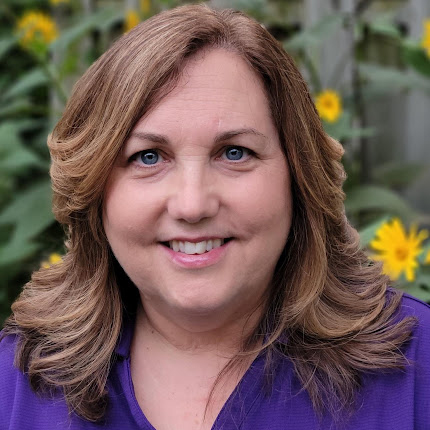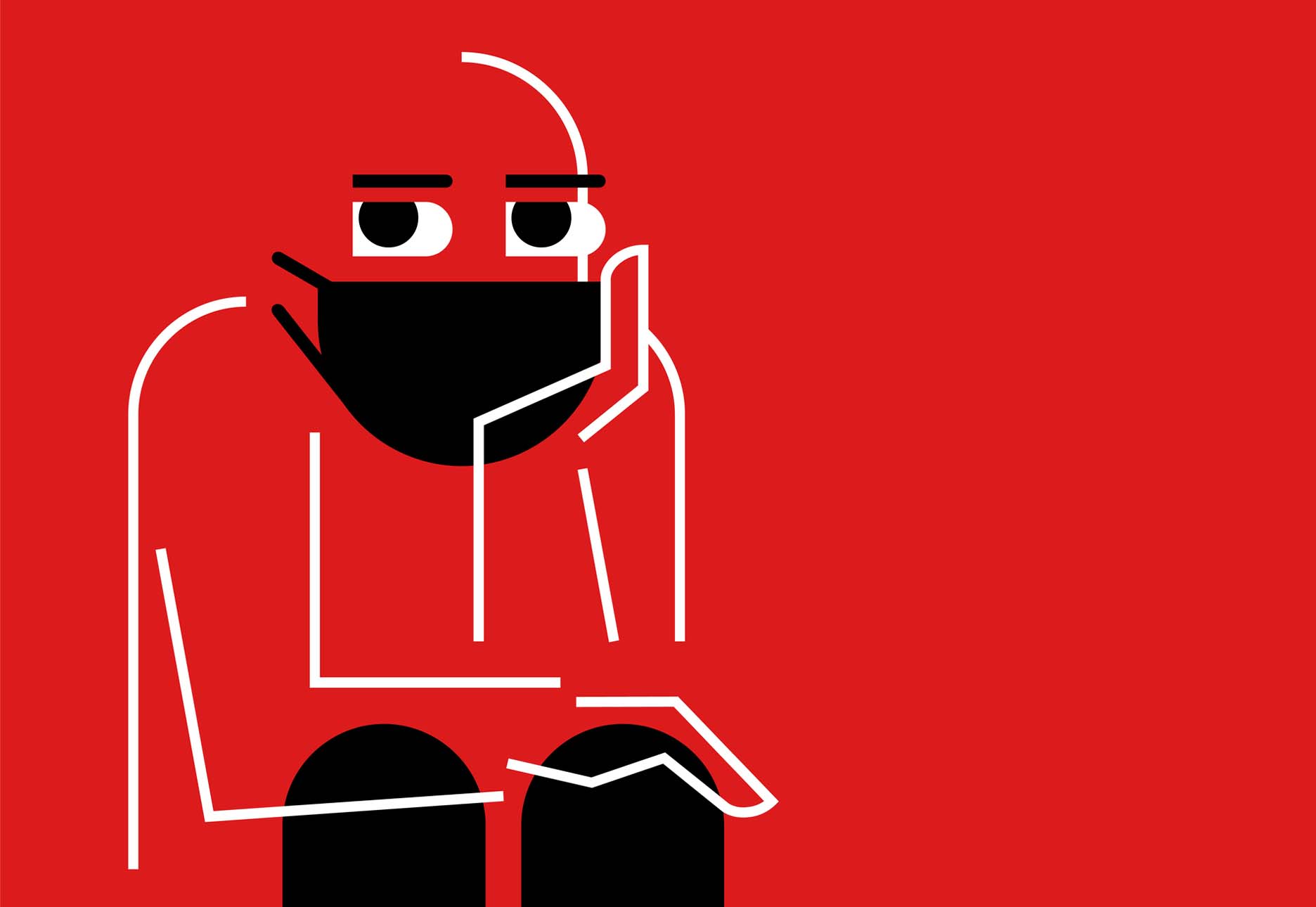Illustration of a sad and tired person in a face mask
Established in 1949, May became Mental Health Awareness Month, focused on promoting mental health awareness and increasing focus on the importance of mental health. The month of May is also a time to celebrate positive mental health practices, as well as to raise awareness about the impacts of trauma on the well-being of an individual, families, and communities (“May is National Mental Health Month,” n.d.). It is imperative that we educate ourselves and advocate for better mental health care in our country. Why is that important?
Did you know…
- 1 in 10 people 17 years old and younger expressed a mental health condition following a COVID-19 diagnosis.
- In 2020, emergency departments reported a 31% increase in mental-health-related visits among adolescents.
- The pandemic has had a significant negative impact on the mental health of 20% of youths in the United States.
- A significant percentage of people are concerned about the stigma associated with mental health and the lack of appropriate mental health treatment.
- Approximately 20% of adults and 17% of youths in the United States are diagnosed with a mental health condition each year. Less than half of those diagnosed receive treatment.
- There is a high prevalence of moderate depression, anxiety, and post-traumatic stress disorder among healthcare workers due to COVID-19, which is a significant increase from pre-pandemic levels.
- Among college students, 71% experienced an increase in stress and anxiety. Of those students, only 5% used counseling services to help their mental health.
- 97% of college students during the pandemic assumed that everyone was experiencing an increase in stress and anxiety.
- Among college students, a majority believed that the pandemic caused a negative impact on their health, academic, and lifestyle-related outcomes.
- Struggles with mental health have a significant impact on a person’s social, physical, and financial well-being.
(Li et al., 2021; “Mental Health by the Numbers,” 2022; Son et al., 2020)
So what does all of this mean?
Due to an increase in stress, loss, worry, and unpredictability, there has been an increase in negative mental health consequences during the pandemic. Sadly, people are assuming that everyone is suffering and therefore minimize the seriousness. Because people think these struggles are common and shared by all, less than half of those struggling are seeking any help and they are going untreated.
Although these statistics are alarming, there are things we can do to help. First, recognize that if you are struggling, it is ok to feel that way and give yourself the grace to feel how you are feeling. Change is hard for everyone; it has been a scary time. It is easy to isolate during periods of high stress, and receiving social support can help. Rely on your social support network and remember that you are not alone. Do not forget to reach out to loved ones and check in on their mental health.
How else can you take care of yourself?
Try to unplug from technology as much as possible, and do something physical.
Now that it’s spring, try to get outside and get some sunshine. Allow yourself to take even a 10-minute break. A recent analysis of multiple studies found a clear relationship between even moderate physical activity and lower levels of depression. Even a small amount of physical activity helps decrease depression (Pearce et al., 2022).
Set small goals to refocus priorities.
Focus on little steps you can take to find a healthy balance in your life.
- Set boundaries to encourage a healthy home/work balance. Make time for yourself and your loved ones; remember self-care is essential.
- Set goals towards a healthy balance in your sleep, diet, exercise, water intake, etc. A healthy mind leads to a healthy body, and a healthy body leads to a healthy mind.
Build/Maintain social connections — i.e. join student clubs at Baker College
Reach out for help. Start with…
- National Alliance on Mental Health website (nami.org) has a significant amount of resources that focus on support, education, and advocacy.
- National Suicide Prevention Lifeline: Talk To Someone Now: Lifeline
- Psychology Today has a great “Find a Therapist” search engine on their website.
- Disaster Distress Helpline | SAMHSA
- Veterans Crisis Line
The bottom line is to make sure that you are a good advocate for yourself and your loved ones. Make mental wellness a priority in your life.
References
Li, Y., Scherer, N., Felix, L., & Kuper, H. (2021). Prevalence of depression, anxiety and post-traumatic stress disorder in health care workers during the COVID-19 pandemic: A systematic review and meta-analysis. PLOS ONE, 16(3), e0246454. https://doi.org/10.1371/journal.pone.0246454
May is national mental health month. (n.d.). Youth.gov. https://youth.gov/feature-article/may-national-mental-health-month
Mental health by the numbers. (2022). NAMI: National Alliance on Mental Illness. https://nami.org/mhstats
Pearce, M., Garcia, L., Abbas, A., Strain, T., Schuch, F. B., Golubic, R., Kelly, P., Khan, S., Utukuri, M., Laird, Y., Mok, A., Smith, A., Tainio, M., Brage, S., & Woodcock, J. (2022). Association between physical activity and risk of depression. JAMA Psychiatry. https://doi.org/10.1001/jamapsychiatry.2022.0609
Son, C., Hegde, S., Smith, A., Wang, X., & Sasangohar, F. (2020). Effects of COVID-19 on college students’ mental health in the United States: Interview survey study. Journal of Medical Internet Research, 22(9), e21279. doi: 10.2196/21279

Jessica Topor, PhD., is the Human Services Program Director at Baker College. As a practicing Licensed Marriage and Family Therapist for 13 years, she is passionate about working with people to improve and maintain mental health.

Michelle Reiter-Miller, MS, LLP, is the Dean of the Colleges of Education and Social Science and the Psychology Program Director at Baker College. As a therapist in the field for 30 years, she is a long-time advocate for equity in mental health access.


